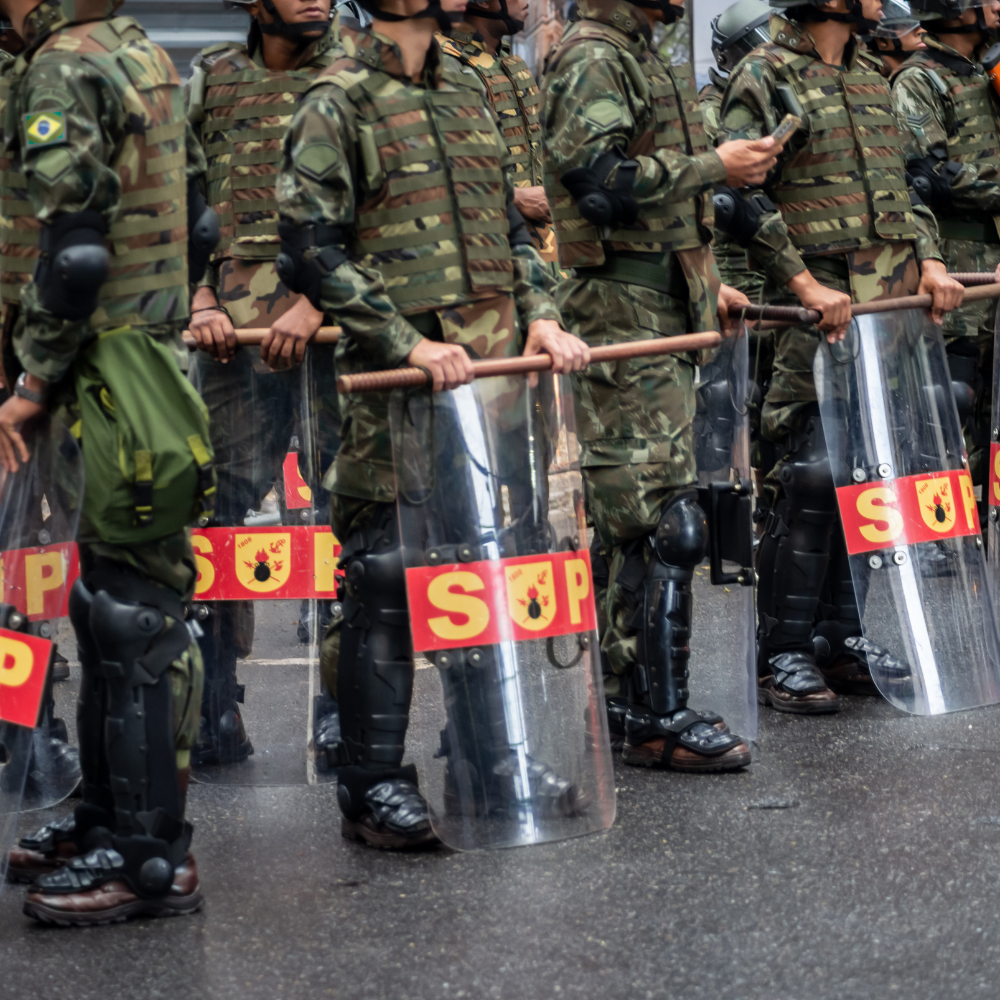Seoul demands immediate withdrawal of North Korean troops from Russia
The South Korean government has summoned the Russian ambassador to demand the “immediate withdrawal” of North Korean personnel that it claims are being trained to engage in fighting in Ukraine. Approximately 1,500 North Korean soldiers, including special forces divisions, have already arrived in Russia, according to Seoul’s intelligence agency. This represents a substantial escalation in the ongoing conflict, which has sparked concern both domestically and internationally.
The deployment was vehemently condemned by South Korea’s Vice-Foreign Minister Kim Hong-kyun during a meeting with Russian ambassador Georgiy Zinoviev. He issued a warning that Seoul would “respond with all measures available.” The ambassador underscored that the cooperation between Moscow and Pyongyang was “within the framework of international law,” while acknowledging that he would convey South Korea’s concerns. Zinoviev did not verify the presence of North Korean personnel in Russia, and the specific cooperation to which he was referring remains uncertain.
The situation has been downplayed by the Kremlin. Dmitry Peskov, the spokesperson for the Kremlin, stated to reporters on Monday that the cooperation between Russia and North Korea is not intended to harm third countries and should not be a cause for concern. In contrast, Pyongyang has not issued an official response to these allegations.
South Korea has a history of accusing North Korea of supplying munitions to Russia for use in its conflict with Ukraine. Nevertheless, Seoul’s most recent assertions indicate that the situation has progressed beyond the ordinary transfer of military supplies. Up to 12,000 North Korean soldiers may be deployed to Russia, according to certain South Korean media outlets.
Vice-Foreign Minister Kim declared on Monday that this deployment poses a significant hazard to the international community, in addition to South Korea.
Following a June meeting between Russian President Vladimir Putin and North Korean leader Kim Jong Un, the two leaders signed a security pact in which they pledged mutual assistance in the event of “aggression” against either country. This marked a significant increase in cooperation between Moscow and Pyongyang. A measure to ratify this pact was recently introduced by Putin, which has further solidified their strategic alliance.
The international community has responded promptly to these developments. “The deployment of North Korean personnel is a significant escalation” in the conflict, according to NATO Secretary-General Mark Rutte. Yoon Suk Yeol, the President of South Korea, implored NATO to investigate “concrete countermeasures” during a phone call with Rutte. He also pledged to fortify the security relations between NATO, Ukraine, and South Korea.
David Lammy, the British Foreign Minister, condemned Russia’s actions as “reckless and unlawful” during his visit to Seoul. He also assured South Korea that he would work with them to resolve the issue. Furthermore, the United States and Japan expressed their opposition to the strengthening military alliance between North Korea and Russia.
Divergent perspectives regarding North Korea’s involvement have been articulated by defence experts. Moon Seong-mok of the Korea National Strategy Institute cautioned that the deployment could potentially attract additional international participants to the conflict, potentially resulting in heightened sanctions and global pressure on both North Korea and Russia.
The situation between Russia, North Korea, and the broader international community continues to be volatile and complex. The potential for a broader international escalation is raised by the involvement of North Korean personnel in the Ukraine conflict.










